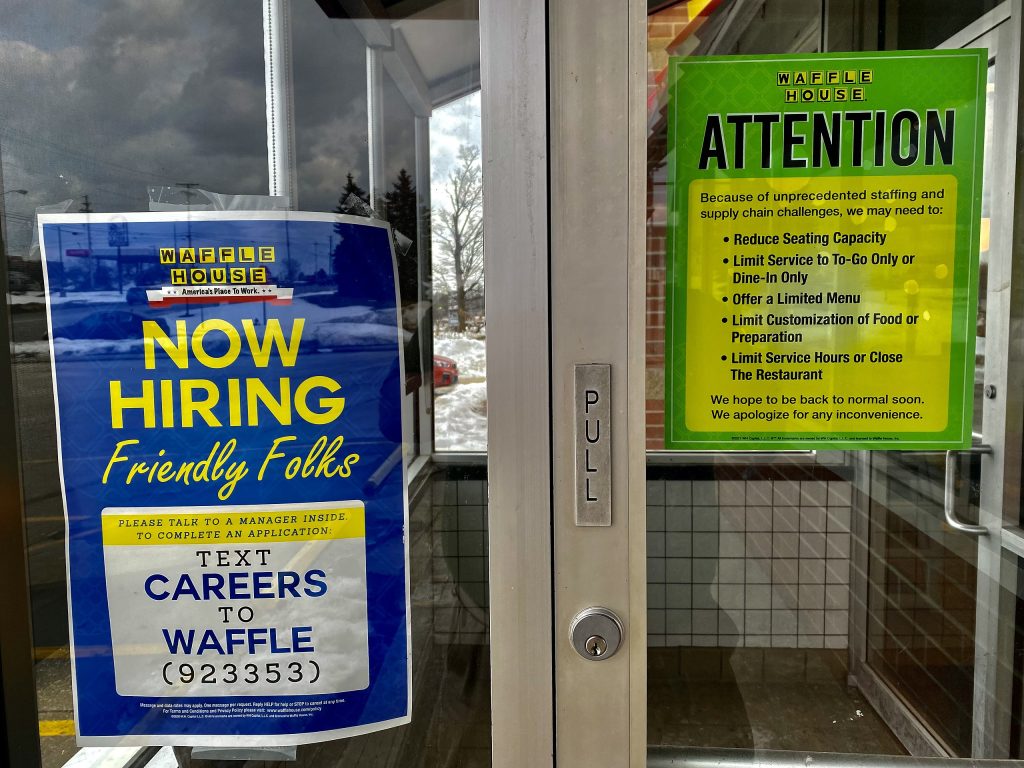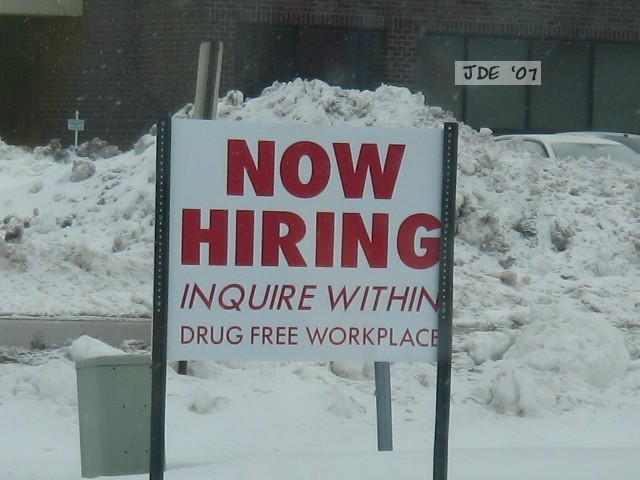When you fill out a job application, the decision to disclose that you have spent time in prison can be a hard one. Whether you actually have to depends on where you live and where you are trying to work.
But, before we get to the legal requirements, we should mention that many job consultants recommend that you be truthful on all job applications and disclose your criminal history upfront. Of course, no one should ever lie on a job application. But, for some employers, being upfront about your criminal history will help as the application process moves forward.
Whether you should disclose prison time on a job application, however, is a very different question from whether you must.

What laws address disclosing prison time on a job application?
In 2019, Congress passed The Fair Chance to Compete for Jobs Act, prohibiting federal agencies and private companies holding federal contracts from asking job applicants about criminal history before making a conditional employment offer. The 2019 law also indicates that an arrest or conviction record is not an automatic disqualifier for most jobs with the federal government.
Today, most states have enacted similar laws and policies. These states require that employers consider how all candidates meet the qualifications for a job before considering anything about criminal records. According to the National Employment Law Project (NELP), the District of Columbia and approximately 35 states and 150 counties and cities now have laws or policies that impact what employers can ask people about their criminal history on job applications.
For example, under New York’s Fair Chance Act, a person’s criminal history cannot be part of the hiring process until after a job offer is extended. This law seeks to increase the likelihood that someone who went to prison can get a fair chance to get a job they qualify for. Employers also benefit because they get to consider a broader array of candidates that they may otherwise exclude.
Therefore, if applying for a job in New York State or states with similar laws, a person would not be required to disclose their prior incarceration or criminal record before getting a job offer. In fact, New York job applications cannot have questions about a person’s criminal history and cannot even ask people to authorize a background check.
Is it illegal for employers to do a background check?
It is important to note that it is not illegal for an employer to consider a person’s background or do a background check when making hiring decisions as long as they do not discriminate among people in a similar situation.
In a joint publication, the Equal Employment Opportunity Commission (EEOC) and the Federal Trade Commission (FTC) state that employers can consider people’s backgrounds, including work history, education, criminal record, financial history, medical history or use of social media during hiring.
However, employers must comply with federal laws that protect applicants and employees from discrimination based on race, color, national origin, sex, religion, disability, genetic information or age.
While there is currently no broad federal law that prohibits the question about criminal records on all job applications, the EEOC considers it a best practice and recommends excluding questions about criminal history on all job applications.

The Takeaway:
In many states, employers cannot ask prospective employees about criminal history on job applications if a version of The Fair Chance Act is in place. Likewise, federal agencies and private companies holding federal contracts cannot ask job applicants about criminal history before making a conditional employment offer. But, in some states, employers can still ask about and disqualify you because of your criminal record.






